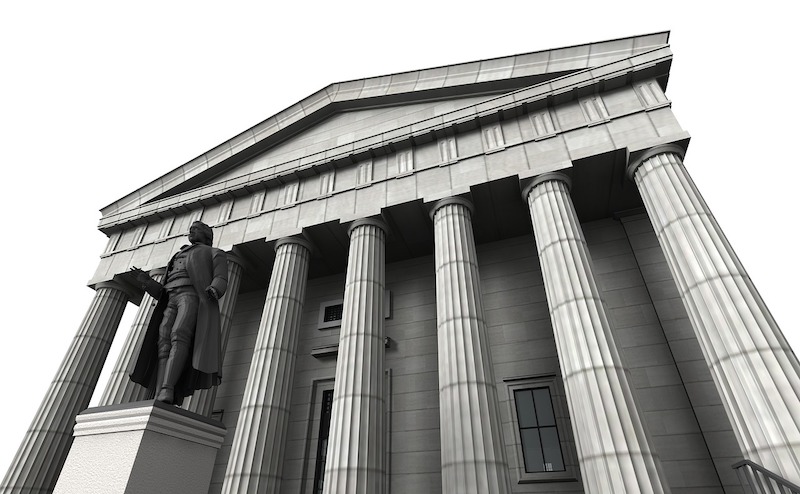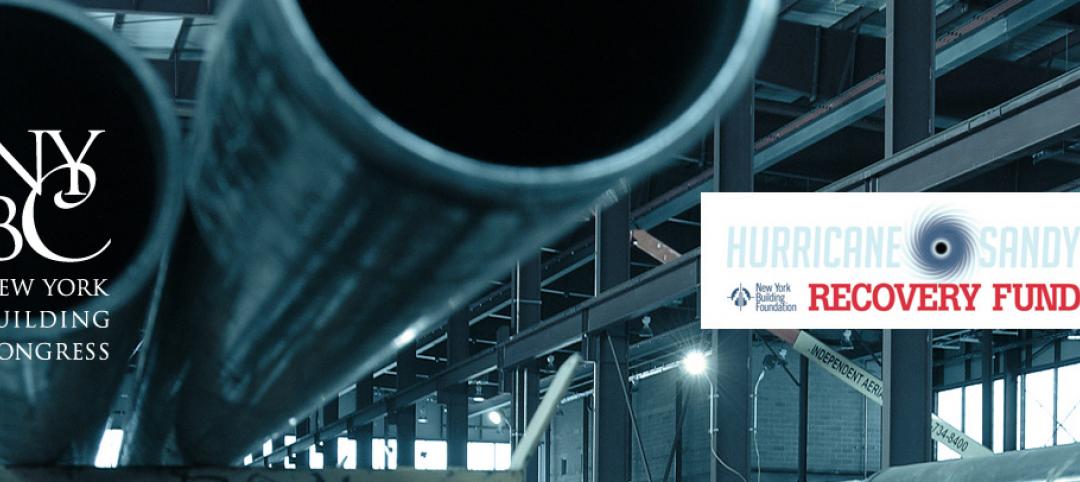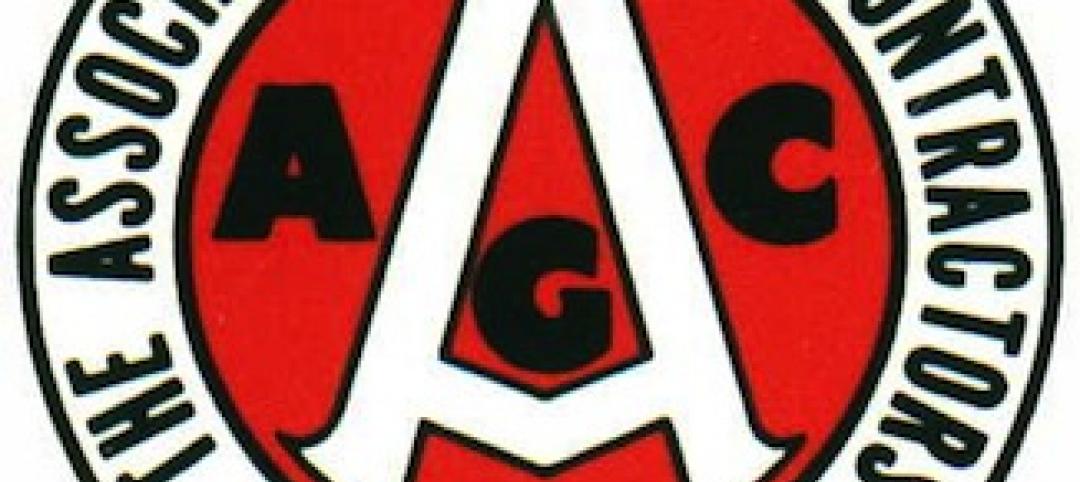A new study from Carnegie Mellon University found that LEED-certified federal buildings are not using less energy than non-certified federal buildings.
The finding may be due to trade-offs in how their energy score is developed with energy use being just one of many attributes examined by the LEED program. In some cases, owners and developers may trade off energy savings for other goals to improve design and comfort in buildings.
For example, energy consumption from sensors in water-efficient bathrooms and landscaping systems may reduce building energy efficiency. “If energy efficiency is the primary policy goal, LEED certification may not be the most effective means to reach that goal,” according to the study’s report.
Overall energy consumption also depends on usage. If the building is used more after a renovation, then more energy may be consumed.
The study examined 1990-2019 data from GSA’s Energy Usage Analysis System and the Green Building Information Gateway to consider the impact of LEED certification on federal buildings.
Related Stories
| Dec 7, 2012
Georgia court limits contractors’ ability to foreclose on liens
The Georgia Court of Appeals ruled in 182 Tenth, LLC v. Manhattan Construction Company that lien claimants such as contractors, subcontractors, and materialmen, may not foreclose on a lien that includes unpaid general condition costs.
| Dec 7, 2012
San Francisco real estate records will include ‘green labels’
Ecologically-sustainable building practices, or “green labels,” will now be included on official land records maintained by San Francisco.
| Dec 7, 2012
Tokyo’s Green Building Program has reduced power consumption by 20%
Tokyo city officials calculate that its Green Building Program reduced energy consumption by 20% since its inception, a statistic they identify as the reason the power stayed on during the 2011 earthquake.
| Dec 7, 2012
New flexible options make achieving LEED certification easier on projects outside the US
A new set of Global Alternative Compliance Paths, or Global ACPs, are now available for all commercial projects pursuing LEED green building certification using the 2009 versions of the rating systems.
| Nov 29, 2012
New York contractors say they will pay tax despite a court ruling that the tax is unconstitutional
The New York Building Congress says it will voluntarily pay a tax declared unconstitutional by the courts because, it says, the money is vital to maintaining the city’s transportation infrastructure.
| Nov 29, 2012
Storms like Sandy highlight the need for stricter codes, says insurance expert
Experts on insurance, weather, and catastrophe modeling say the role of climate change in Hurricane Sandy and future storms is unclear.
| Nov 29, 2012
Quake simulation to test concrete building's strength in California
Researchers aim to gauge how buildings constructed with reinforced concrete withstand an earthquake by conducting a simulation test at a two-story building built in the 1920s in El Centro, Calif.
| Nov 29, 2012
AGC offers stormwater compliance webinar
An effective document management system is necessary to stay in compliance with new and forthcoming stormwater runoff requirements, says the Associated General Contractors of America.















